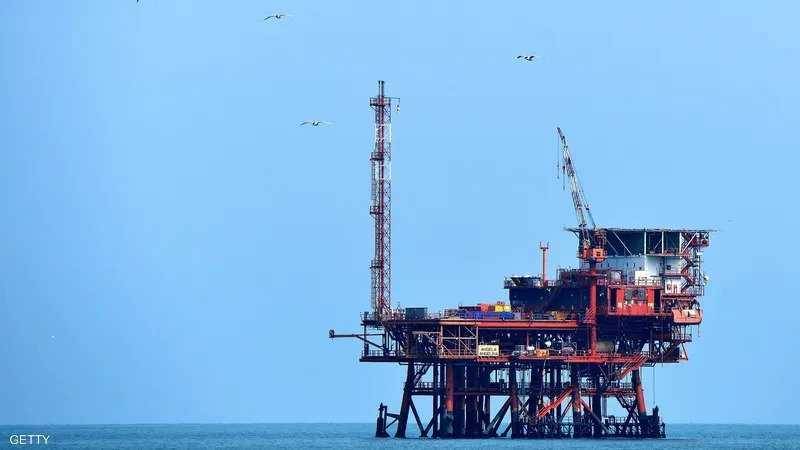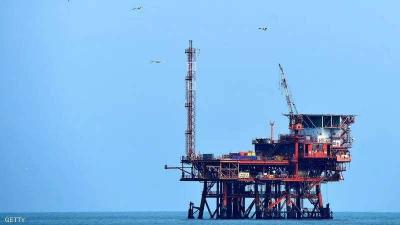As indirect negotiations regarding border demarcation and the sharing of gas and oil reserves enter a critical phase, Lebanon is facing one of its greatest challenges since the establishment of the state in 1920. If the negotiations lead to a fair agreement—as is presumed—that recognizes Lebanon's rights and allows it to exploit its offshore resources in the Mediterranean, the results will be significant not only economically but also politically, both domestically and externally.
It is premature to discuss consensus on border demarcation and the sharing of gas and oil reserves, despite waves of optimism emanating from various sources. One cannot dismiss Israel's desire to maneuver and exploit the situation for better gains. It is imperative that the Lebanese negotiators maintain seriousness and coherence around a unified position to withstand the fierce confrontation, ensuring that no gaps in Lebanon's internal stance are exploited by others.
However, if Lebanon succeeds in pushing Israel to concede and convinces the U.S. side to adopt a balanced approach between the conflicting parties, it would achieve a rare political and diplomatic victory and take initial steps to emerge from the deep abyss it has been sliding into for years, which seems to have no horizon except through a miracle.
What does it mean for Lebanon to enter the golden cage of gas and oil-producing countries, especially after two and a half years of ongoing collapse?
To date, there are no accurate estimates of Lebanon's gas and oil reserves. Yet, some previous studies suggest that their value exceeds $1 trillion, with companies obtaining slightly more than one-third, while the remainder belongs to the Lebanese state.
This enormous sum (over $600 billion) is expected to be deposited in a sovereign fund intended for this purpose. Most of this money would be part of the national wealth reserve, similar to gold reserves, and cannot be spent but invested to strengthen Lebanon's financial and economic standing. A small, specific portion of this money will be allowed for use in revival and development processes.
It is true that starting gas extraction may take five years or more, but investment in these reserves could begin immediately—once border agreements are signed, Lebanon's rights are defined, and its reserves are accurately assessed. Based on this wealth, Lebanon could secure generous loans that some experts believe could reach $5 billion annually from various sources, and Lebanon's sovereign rating would strongly and rapidly improve.
This logically means the country would quickly begin the revival process. Initially, Lebanon would secure sufficient quantities of oil and gas to meet domestic consumption needs, especially electricity production. This would be sufficient to resolve the deadlock that the electricity sector has reached, having squandered over $40 billion.
However, three concerns must be acknowledged regarding this issue:
1. There is a fear that this optimistic picture may be misplaced, as reaching an agreement on demarcation is still pending. Will Lebanon truly be allowed the margin to be strong and regain its capabilities and decisions without making any political concessions somewhere?
2. There is a concern that Lebanon, as an oil-producing country, may find itself caught between the hammer and the anvil: the United States and the West against Russia, China, and Iran. These two axes are engaged in a fierce battle for control over the Eastern Mediterranean’s gas. Where will Lebanon stand in this conflict? Will either of the axes prevent Lebanon from exploiting gas if they feel excluded from the deal?
3. If the demarcation agreement is reached and Lebanon is permitted to invest its gas resources, there is a worry that Lebanon's local political forces will have unchecked power in this process, thereby plundering the sovereign fund and squandering this national wealth, much like hundreds of billions of dollars have been wasted to date.
In clearer terms, many local, regional, and international eyes are watching the hundreds of billions of Lebanese dollars lying at the bottom of the Mediterranean, coveting them. Additionally, there are forces seeking to politically extort Lebanon in exchange for allowing it to start exploiting its natural resources.
However, Lebanon has so far refused to pay any price. Will it agree to pay a certain price, deemed minor, to facilitate the urgently needed agreement to overcome the crisis?
In any case, Lebanon after gas and oil investment will not be the same as before. It will be a focal point that everyone rushes to gain a foothold in. This is a positive and reassuring matter, but it is also negative and concerning.




